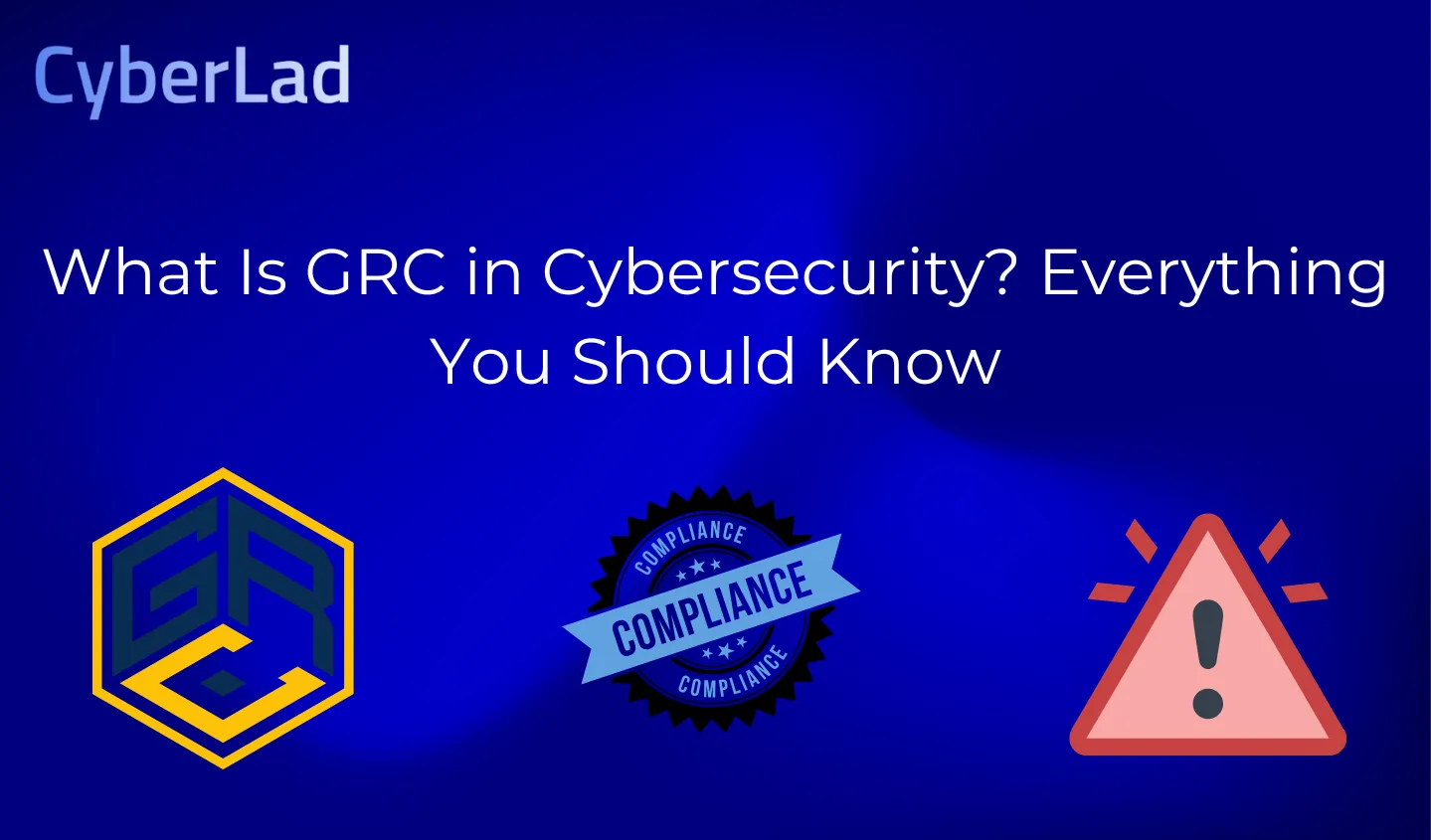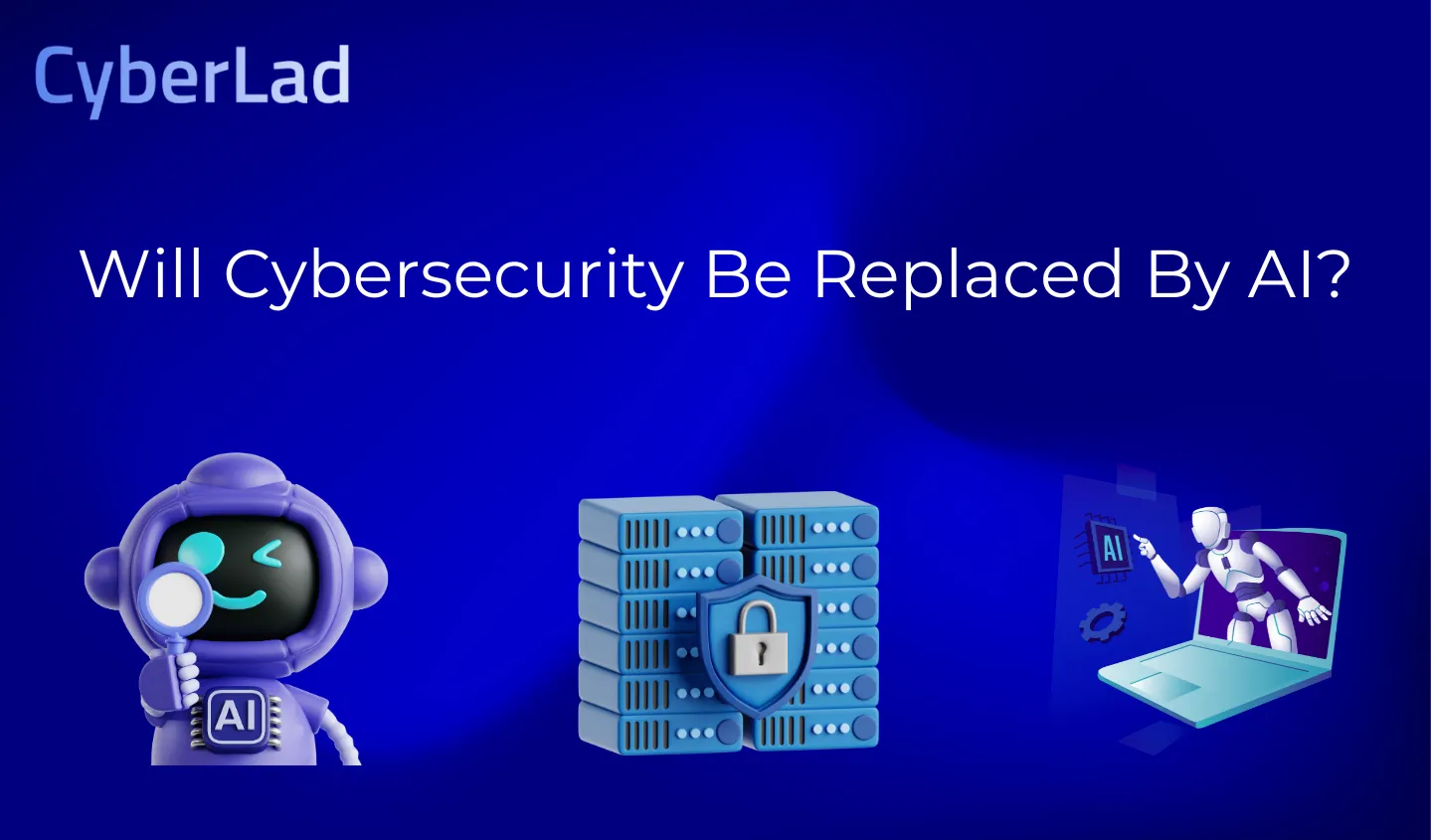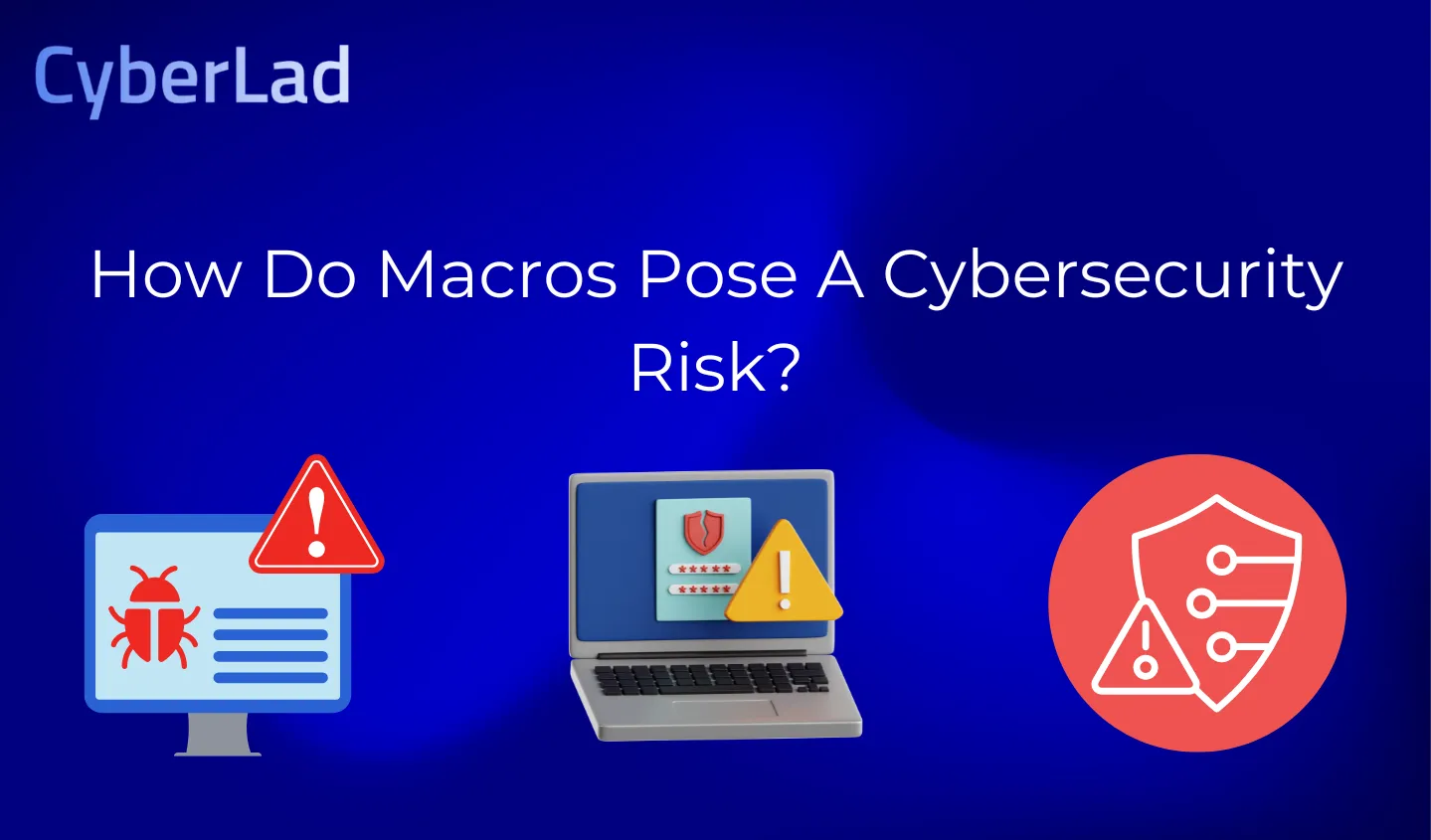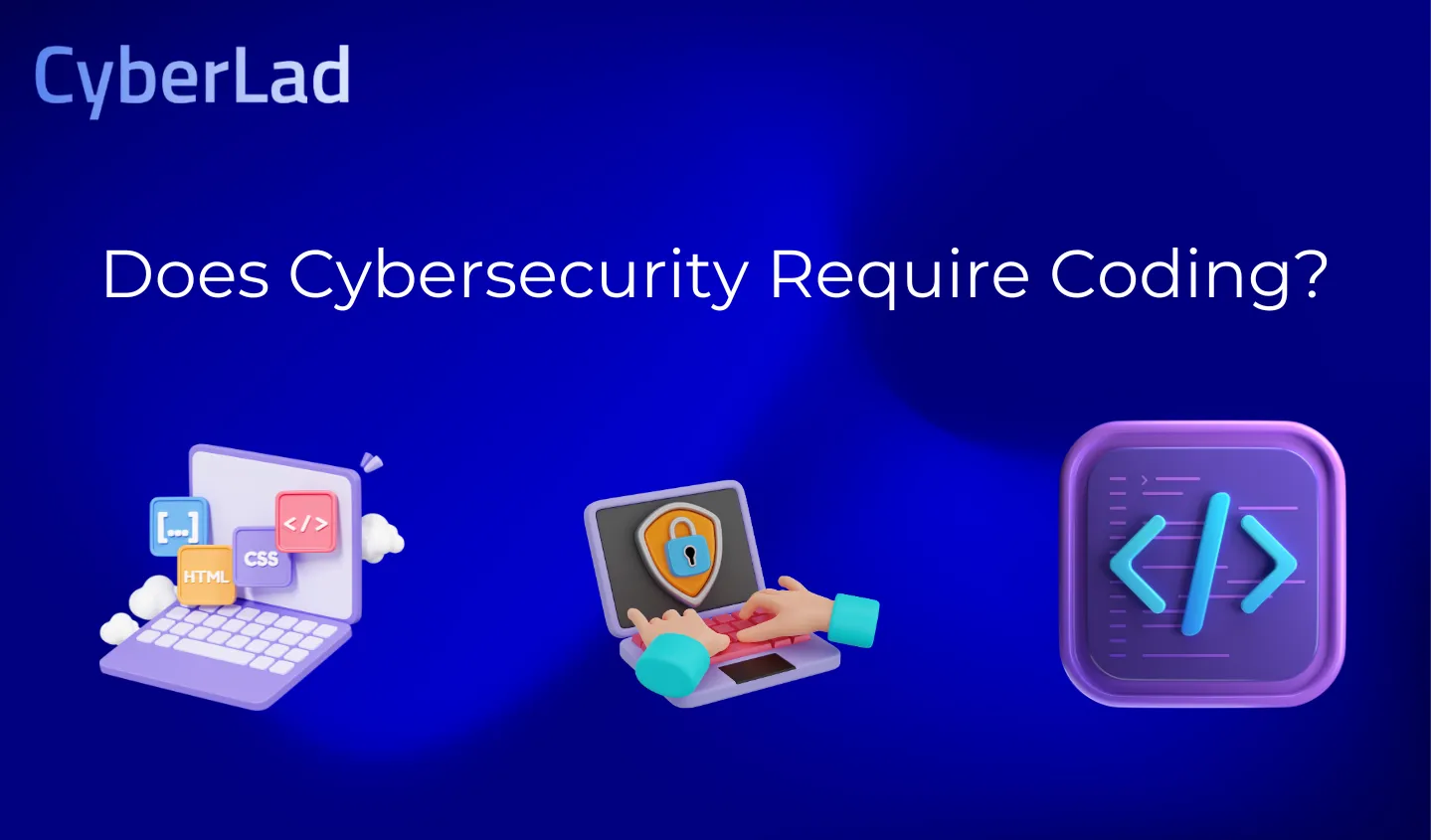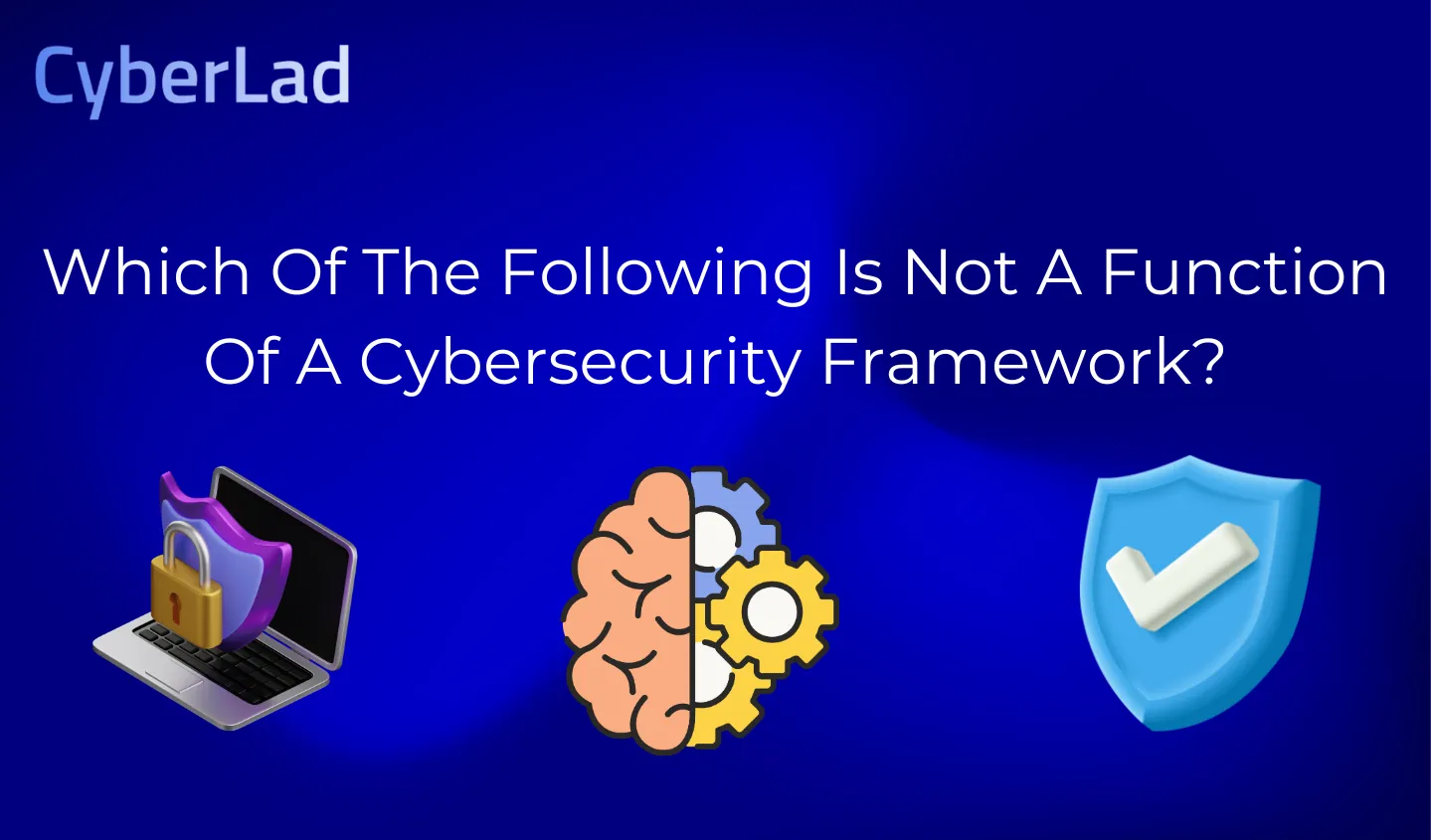As organizations accelerate digital transformation and expand their cloud footprints, the attack surface grows exponentially, bringing cybersecurity to the forefront of enterprise strategy.
Use our Cybersecurity Risk Calculator to evaluate potential threats to your business in real time.
In 2025, cyber threats such as ransomware-as-a-service (RaaS), supply chain attacks, and AI-driven phishing campaigns are not just evolving, they’re becoming business-critical concerns.
This has resulted in an urgent demand for cybersecurity professionals with expertise in threat intelligence, zero trust architecture, cloud security, and secure software development lifecycles (SSDLC).
If you’re asking, “Is cybersecurity a good career?”, the answer lies in market dynamics: the global cybersecurity workforce gap remains above 3 million unfilled roles, while investment in cybersecurity solutions continues to surge.
With certifications like CISSP, OSCP, and CISM becoming industry standards, and roles like SOC analyst, red teamer, security architect, and CISO offering high-growth trajectories, cybersecurity in 2025 is more than a career it’s a mission-critical profession.
In this article, we’ll analyze the job outlook, required technical skills, certifications, and long-term career viability to answer the question: Is cybersecurity a good career in 2025 and beyond?
Why Cybersecurity Is a Strong Career Choice in 2025?
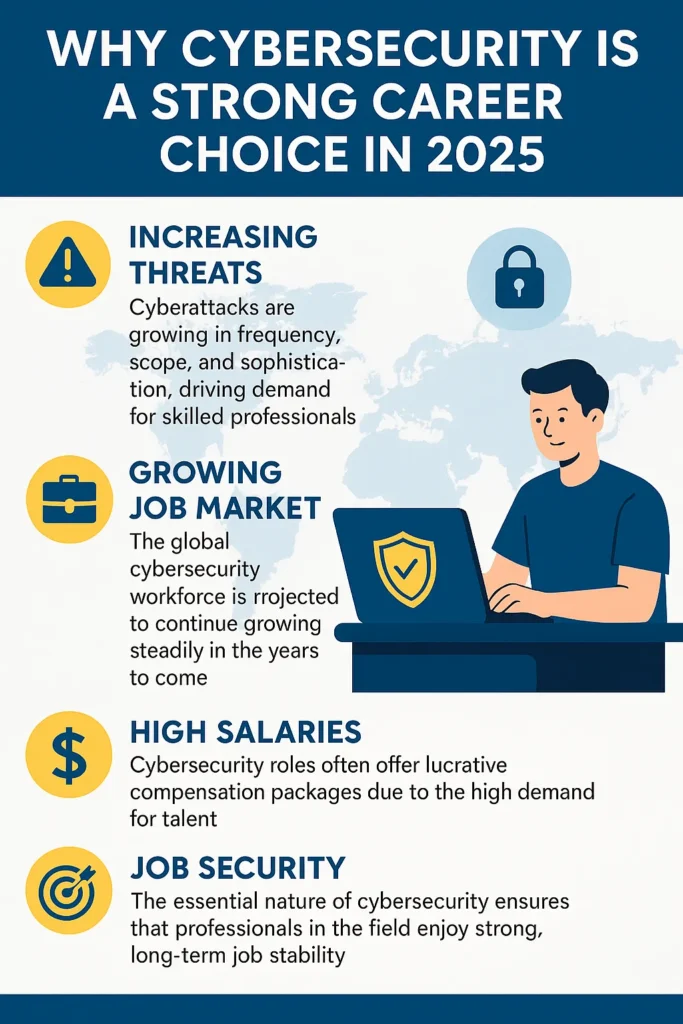
In 2025, cybersecurity continues to solidify its reputation as one of the most rewarding and future-proof career paths. If you’re wondering, “Is cybersecurity a good career?“ the answer is a resounding yes. Here’s why this field stands out:
High Demand and Job Growth
The rising sophistication of cyber threats has created an urgent need for skilled professionals. The U.S. Bureau of Labor Statistics forecasts a 32% growth rate for information security analyst roles from 2022 to 2032, well above the national average.
Competitive Salaries
Cybersecurity talent is in short supply, and companies pay top dollar to attract and retain professionals. Cybersecurity executives earn an average of $565,000, with rising compensation across mid-level and entry-level roles as well.
Diverse Career Opportunities
From ethical hacking and digital forensics to compliance and cloud security, the cybersecurity field offers a broad range of career paths to match different interests and skill sets, making it easier to find your niche and grow into it.
Continuous Learning and Development
Cybersecurity is never static. Professionals are constantly learning about new tools, tactics, and threats, which keeps the work engaging and intellectually stimulating.
Positive Societal Impact
As a cybersecurity expert, you protect not just data but people, helping secure hospitals, schools, financial institutions, and national infrastructure from malicious attacks.
Cybercrime Trends Fueling the Job Market
Ransomware, phishing, AI-based attacks, and supply chain breaches are all on the rise. This spike in cybercrime is driving companies to ramp up hiring across cybersecurity functions, making it a high-opportunity field for both entry-level and experienced professionals.
Enterprise Security Budgets Are Growing Fast
According to Gartner, cybersecurity budgets are expected to surpass $215 billion globally in 2025. Companies now view security as a strategic priority, expanding investments in SOC teams, threat intelligence, cloud security, and more.
Government Policies and Compliance Driving Demand
Stricter laws and regulations (like GDPR, CCPA, and NIS2) are forcing organizations to hire compliance experts, auditors, and security officers. At the same time, public-sector cybersecurity initiatives are expanding, opening even more roles.
Read More On: What Is GRC in Cybersecurity? Everything You Should Know
Is There Demand for Cybersecurity Careers in 2025?
The demand for cybersecurity careers in 2025 is at an all-time high, driven by the rapid rise of sophisticated cyber threats and the global push toward digital transformation.
As organizations migrate to cloud infrastructure, adopt IoT devices, and integrate AI technologies, their attack surfaces are expanding, making cybersecurity professionals essential to every sector.
According to the U.S. Bureau of Labor Statistics, employment for information security analysts is projected to grow by 32% from 2022 to 2032, a rate significantly higher than the average across all occupations.
Industries such as healthcare, fintech, e-commerce, and critical infrastructure are under continuous threat from ransomware, zero-day exploits, supply chain breaches, and insider threats.
As a result, roles like SOC analysts, penetration testers, cloud security architects, GRC consultants, and threat intelligence analysts are in extremely high demand.
Moreover, regulatory frameworks such as GDPR, HIPAA, and the upcoming NIS2 Directive are pushing enterprises to hire compliance-focused cybersecurity professionals to ensure ongoing audit readiness and risk mitigation.
From SMEs to government agencies, the need for skilled cybersecurity talent is universal.
If you’re asking, “Is cybersecurity a good career in 2025?”, the current job market, salary potential, and critical role in modern business operations make it one of the most secure and future-proof careers available today.
What Cybersecurity Jobs Pay the Most in 2025?
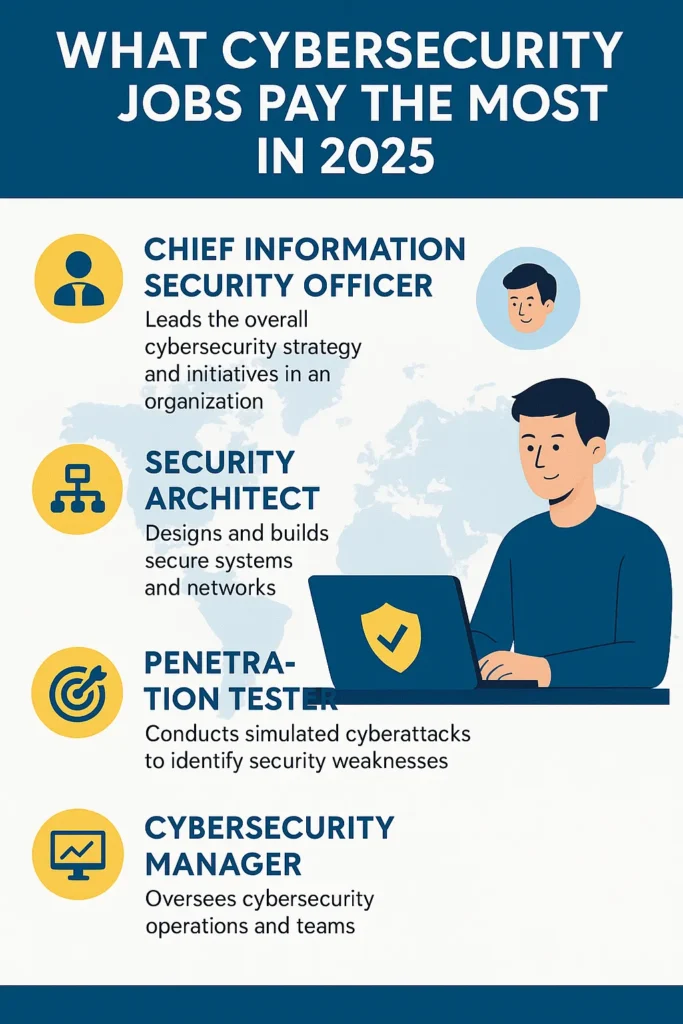
If you’re exploring high-income opportunities in cybersecurity, you’re probably asking, “What cybersecurity jobs pay the most in 2025?“
As the industry faces an ongoing skills shortage and increasingly complex threats, companies are offering top-dollar salaries for specialized roles.
From executive-level positions to technical experts in offensive security, the following table highlights the highest-paying cybersecurity jobs in 2025 and why they command premium compensation.
| Cybersecurity Job Title | Average Salary (2025) | Why It Pays Well |
| Chief Information Security Officer (CISO) | $565,000+ | Executive-level responsibility for enterprise-wide security strategy and risk |
| Security Architect | $155,000 | Designs secure network and system architectures; critical to overall infrastructure |
| Application Security Engineer | $152,000 | Protects applications from threats across the SDLC; key in DevSecOps environments |
| Penetration Tester (Ethical Hacker) | $139,000 | Identifies vulnerabilities proactively; high demand in red team and offensive ops |
Note: Salaries vary based on region, certifications (like CISSP, OSCP, CEH), and experience level.
What Skills Do You Need for a Cybersecurity Career?
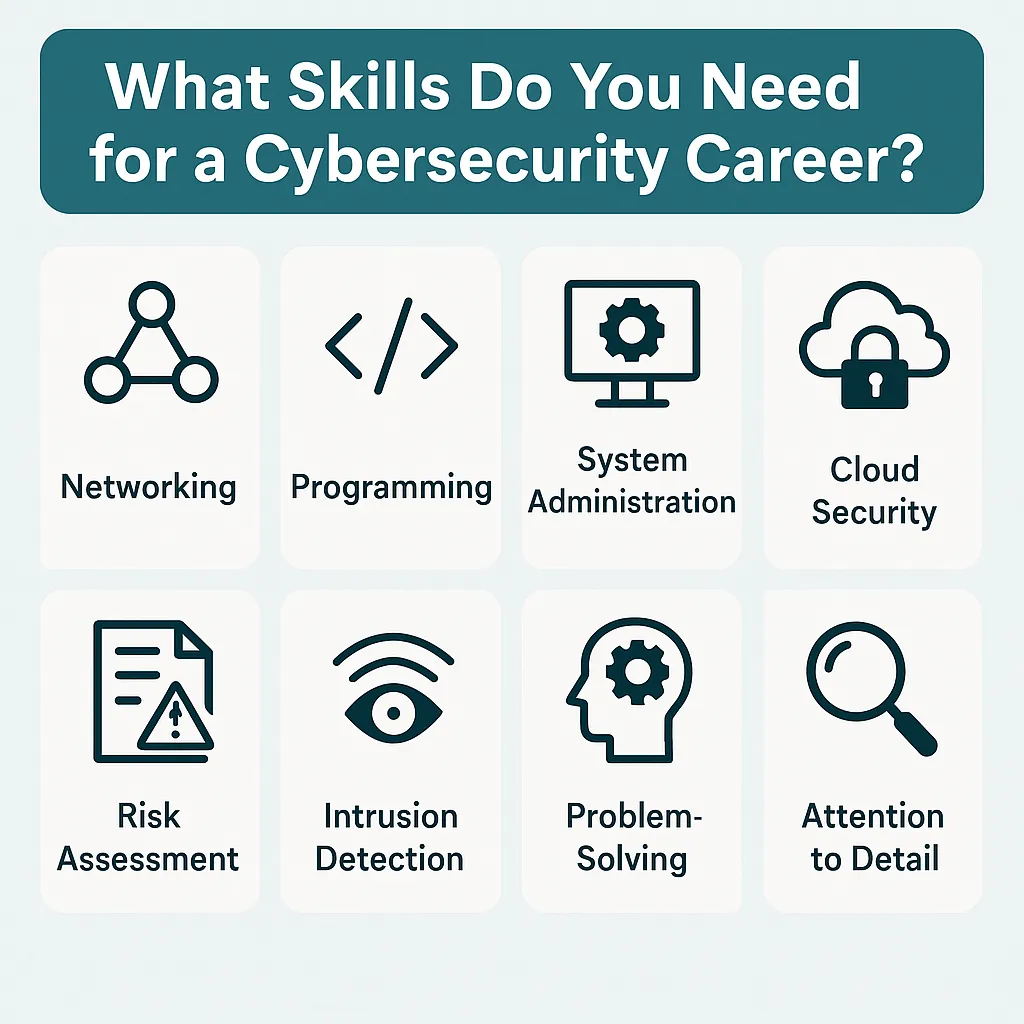
If you’re wondering “What skills do you need for a cybersecurity career?”, the answer lies in mastering both technical fundamentals and soft skills.
As cyber threats become more complex, employers are seeking well-rounded professionals who can not only secure systems but also communicate risk and adapt to evolving technologies.
Below is a table outlining the most in-demand skills for cybersecurity professionals in 2025:
| Skill Area | Description |
| Programming Knowledge | Proficiency in Python, Java, and JavaScript for scripting, automation, and analysis |
| Networking Fundamentals | Deep understanding of TCP/IP, DNS, VPNs, firewalls, and routing |
| System Administration | Experience with Windows, Linux, and macOS to secure various environments |
| Risk Assessment & Management | Ability to identify, analyze, and mitigate security risks |
| Security Tools & Frameworks | Hands-on experience with tools like Wireshark, Nmap, SIEMs, and frameworks like NIST, ISO 27001 |
| Penetration Testing | Skills in ethical hacking and vulnerability exploitation |
| Cloud Security | Knowledge of securing AWS, Azure, and Google Cloud environments |
| Soft Skills & Communication | Ability to explain technical concepts to stakeholders and collaborate across teams |
| Continuous Learning | Staying updated on threats, trends, and certifications (e.g., CISSP, CEH, OSCP) |
How to Start a Career in Cybersecurity in 2025?
Embarking on a cybersecurity career in 2025 offers promising opportunities due to the escalating demand for skilled professionals. Here’s a structured approach to initiate your journey:
1. Understand the Cybersecurity Landscape
Begin by familiarizing yourself with the various domains within cybersecurity, such as network security, application security, and incident response. Understanding these areas will help you identify your interests and set clear career goals.
2. Develop Essential Skills
Acquire foundational skills in:
- Networking and Systems Administration: Gain proficiency in managing and securing networks and systems.
- Operating Systems: Become adept with Windows, Linux, and macOS environments.
- Programming Languages: Learn languages like Python, Java, and JavaScript for scripting and automation tasks.
3. Pursue Relevant Education and Certifications
While a bachelor’s degree in cybersecurity or related fields is beneficial, it’s not always mandatory. Certifications can validate your expertise:
- CompTIA Security+: Covers foundational cybersecurity concepts.
- Certified Information Systems Security Professional (CISSP): Demonstrates advanced knowledge and experience.
- Certified Ethical Hacker (CEH): Focuses on penetration testing methodologies.
4. Gain Practical Experience
Hands-on experience is crucial. Engage in:
- Internships: Seek opportunities to apply your knowledge in real-world settings.
- Personal Projects: Set up a home lab to practice and experiment with security tools.
- Open-Source Contributions: Participate in community projects to enhance your skills and visibility.
5. Stay Updated and Network
Cybersecurity is a dynamic field. Continuously update your knowledge through:
- Industry News: Follow reputable cybersecurity news sources.
- Professional Associations: Join organizations like (ISC)² or ISACA for resources and networking.
- Conferences and Workshops: Attend events to learn from experts and connect with peers.
By systematically building your knowledge, obtaining certifications, and gaining practical experience, you can successfully launch a cybersecurity career in 2025.
Is Cybersecurity a Good Long-Term Career Option?
Yes, cybersecurity is one of the most stable and future-proof career options available today. As digital transformation accelerates across industries, the demand for cybersecurity professionals continues to surge and shows no signs of slowing down.
The global cybersecurity market is projected to exceed $500 billion by 2030, fueled by rising cyberattacks, stricter regulations, and the expansion of cloud computing, IoT, and AI technologies.
Cybersecurity roles such as security analysts, cloud security engineers, incident responders, and CISOs are not only high-paying but also offer strong job security, career progression, and remote work flexibility.
With evolving threats and constant innovation, the field promises continuous learning and relevance, making it an excellent long-term career choice for both new entrants and seasoned IT professionals.
Common Myths About Cybersecurity Careers Debunked
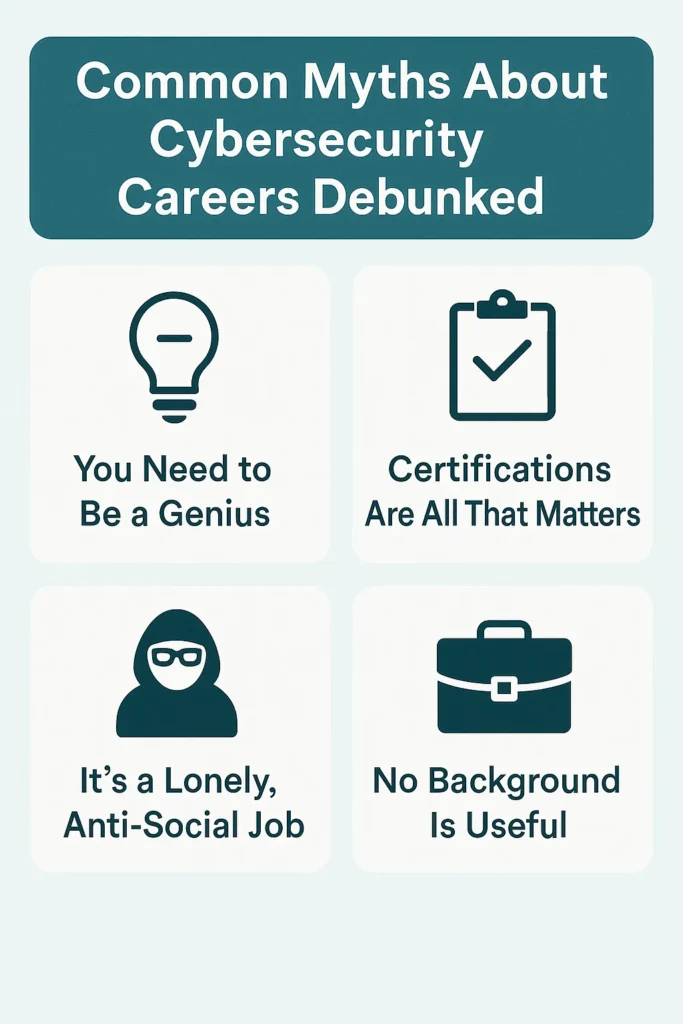
The cybersecurity field is growing fast, but it’s also surrounded by misconceptions that can hold people back from entering.
Let’s break down some of the most common myths about cybersecurity careers in 2025 and reveal the truth behind them.
Myth #1: You Need a Computer Science Degree to Get Started
Reality: While a degree can help, it’s not a requirement. Many successful cybersecurity professionals come from non-traditional backgrounds, including self-taught learners, career changers, and bootcamp grads.
Certifications like CompTIA Security+, CEH, or CISSP can carry just as much weight as a degree when combined with practical experience.
Myth #2: Cybersecurity Is All About Hacking
Reality: Ethical hacking is just one aspect. Cybersecurity encompasses a wide range of roles, such as risk assessment, governance and compliance, incident response, and cloud security. Not all jobs involve coding or penetration testing.
Myth #3: It’s Too Technical for Beginners
Reality: While some roles are highly technical, others focus on policy-making, training, audit, and security awareness, perfect for people with strong communication or project management skills.
Plus, the learning curve is manageable with dedication and the right resources.
Myth #4: It’s a Lonely, Isolated Job
Reality: Modern cybersecurity is highly collaborative. Teams work together across departments, and professionals often engage with executives, legal teams, and developers. Communication and teamwork are essential skills in today’s cybersecurity roles.
Myth #5: Once You’re In, You’re Stuck in One Role
Reality: Cybersecurity offers excellent career mobility. You can move from SOC analyst to penetration tester, or from GRC to cloud security or threat intelligence.
With so many niches, there’s always room to pivot and grow.
Pros and Cons of Choosing Cybersecurity as a Career
Pros:
- High Demand & Job Security
Cybersecurity roles are projected to grow rapidly, offering excellent job stability. - Competitive Salaries
Many roles offer six-figure incomes, with executive positions like CISO earning even more. - Diverse Career Paths
From ethical hacking to cloud security to compliance, there’s a niche for everyone. - Remote Work Opportunities
Many cybersecurity roles offer flexible and remote work arrangements. - Impactful Work
You’ll protect critical data, systems, and people from real-world threats. - Constant Learning & Growth
The field evolves fast, making it ideal for curious, lifelong learners. - Global Opportunities
Cybersecurity skills are in demand across industries and borders.
Cons:
- High Pressure & Stress
You may deal with breaches, 24/7 alerting, or high-stakes responsibilities. - Steep Learning Curve
Technical roles can require deep knowledge in networking, systems, and security tools. - On-Call Duties
Some positions, especially in incident response, may require odd hours or being on-call. - Certifications Can Be Costly
Earning and maintaining industry certs like CISSP or OSCP can be time-consuming and expensive. - Rapidly Changing Landscape
You’ll need to constantly update your skills to stay relevant in the field.
Final Thoughts
Still wondering, “Is cybersecurity a good career in 2025?” The answer is a definite yes. With ever-evolving threats, increased investment in enterprise security, and global demand across sectors, cybersecurity is a high-growth, high-impact field with exceptional long-term potential.
To dig deeper into the field, explore some of our most popular posts on CyberLad:
- The Role of ZTNA and VPN in Modern Cybersecurity Strategies
- Top 10 Cybersecurity Forensic Tools For Ethical Hackers In 2025
- Which Activities Pose the Greatest Personal Cybersecurity Risk?
- Top 10 SIEM Use Cases for 5G Security
- 10 Best Dark Web Search Engines for Tor Browser
- Top 10 Cybersecurity YouTube Channels in 2025
Explore the full blog at CyberLad.io/blog for the latest tips, tools, and strategies to stay ahead in your cybersecurity journey.
FAQs
Is a cybersecurity career worth it?
Yes, pursuing cybersecurity is worthwhile for many professionals. According to the U.S. Bureau of Labor Statistics, job prospects are strong, with computer and IT roles expected to grow much faster than average over the next decade.
Is cybersecurity a typical 9-to-5 job?
While many cybersecurity professionals work full time, their schedules can extend beyond standard hours due to the unpredictable nature of cyber threats. On-call shifts are common in some roles.
Who is known as the father of cybersecurity?
Bob Thomas is credited with pioneering cybersecurity. He was among the first to recognize how programs could move across networks and laid foundational security principles.
Can you learn cybersecurity in 3 months?
While becoming an expert in 3 months is unlikely, building a solid foundation and gaining enough skills for entry-level roles is possible.
Which country leads in cybersecurity?
The United States consistently ranks highest in global cybersecurity strength, thanks to major investments and strong collaboration between the government and private sectors.


